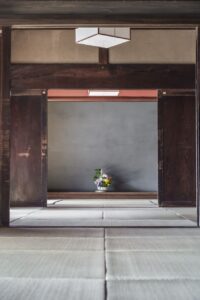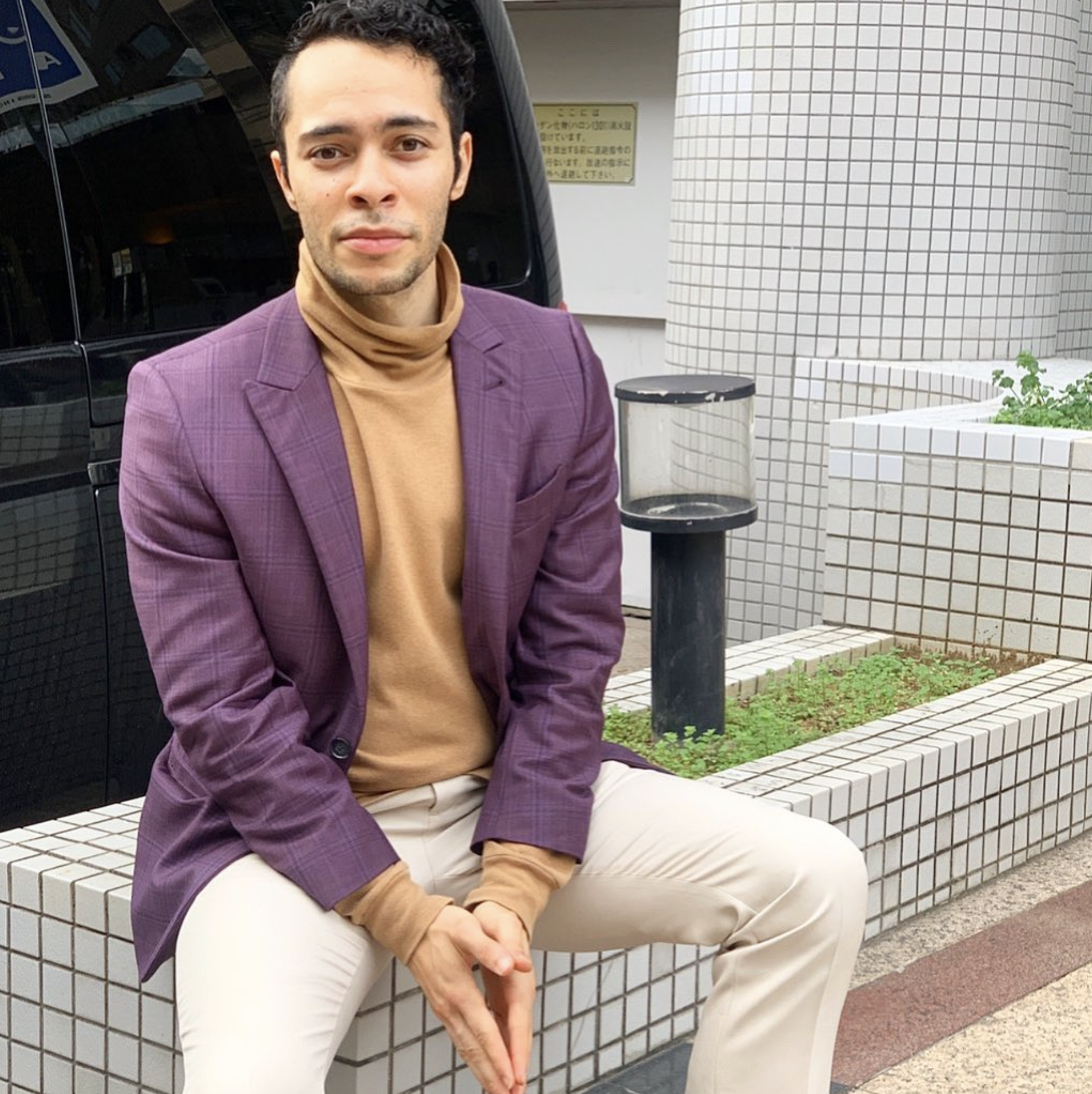Picture this: you’re invited to a Japanese home, the warm hospitality embracing you as you step through the door. Almost instinctively, you find yourself removing your shoes and stepping onto the smooth, polished floor. So, why is this customary in Japanese homes?
The practice of removing shoes in Japanese culture dates back centuries and has roots in both cleanliness and spirituality. In traditional Japanese architecture, the floor is typically covered with tatami mats, a type of straw mat that provides comfort and insulation. Removing shoes prevents dirt, dust, and potentially harmful microorganisms from being tracked onto these delicate mats, preserving their pristine condition.

But there’s more to it than just cleanliness. Removing shoes is also a way to symbolically leave the outside world behind and enter a space of tranquility and respect. By taking off our shoes, we honor the home and show appreciation for the hospitality extended to us. It’s an unspoken language of politeness and cultural understanding.
When you are invited to a Japanese home, be mindful of the entrance area (known as the genkan), where shoes are typically placed. You may notice a rack, a designated area, or even a step up from the entrance hall. Take off your shoes here and store them neatly, avoiding any clutter that could disrupt the harmonious atmosphere of the home.
While removing shoes might feel unfamiliar at first, it’s an opportunity to embrace Japanese customs and experience the genuine warmth of Japanese hospitality. As you step into the home, you become part of a tradition that has been passed down through generations, connecting you to the heart and soul of Japan itself.
As you prepare for your journey to Japan, remember the significance of removing shoes when entering a Japanese home. It’s not only an act of hygiene but a profound display of respect for the culture and a chance to immerse yourself in the authentic Japanese way of life.
Hand picked resources for those intending to travel, study, or work in Japan:
Book Your Accommodation:
You can book your accommodation at Borderless House. They offer a shared home where you can have your own private room, live with Japanese and foreign residents, practice your Japanese, and make friends in a new country. When you do, send me an email at hello@lindokorchi.com for a free PDF on the 5 things you need be aware of when living in a share house in Japan.
Book Your Japanese Language Class:
You can book a short term (3 months), long term (6-12 months), or online Japanese course at Akamonkai Japanese Language School. They are known to be arguably the most challenging Japanese language school in Tokyo. Great for individuals interested in learning Japanese swiftly and enjoy an academic learning structure.
There’s also ARC Tokyo Japanese Language School, which is great for those who want to learn Japanese, but without the high intensity and workload. Before enrolling, send me an email at hello@lindokorchi.com for a free PDF on the 3 best ways to maximize your time studying Japanese at a language school.
Entering a University in Japan (courses taught in Japanese):
If you’ve already graduated high school and are planning to enter a university in Japan, with courses taught in Japanese, you may want to consider ARC’s University Preparation Course. It’s a 1.5 year – 2 year program where you learn Japanese, mathematics and civics, (taught in Japanese), and prepare you for the university admission examinations.
Disclosure: Please note that some of the links above may be affiliate links, and at no additional cost to you, I earn a commission if you make a purchase. I recommend only products and companies I’m familiar with and who will actually provide value to my audience.
Share This Post
About Me

I’m Lindo Korchi, a social media influencer here in Japan. After creating to-the-point educational videos about Japan, accumulating 600K followers and 110M video views across social media, I decided to create this website to provide more in-depth value to foreigners who are interested in visiting, living, or living long-term here in Japan. My goal? to provide you with educational content about Japan that would make you feel prepared before arriving. From detailed travel guides to experiences of foreigners in Japan, from unique businesses to pursuing education in Japan, interviews, resources, and more, you’ll be able to find it here.

![Interview with jessintokyo about Martial Arts, Kyudo, and Japanese Media [Focused on Japan Podcast]](https://www.lindokorchi.com/wp-content/uploads/2023/10/Screen-Shot-2023-10-14-at-18.22.18-500x383.png)
![Starting a Culinary Business in Japan ft. Mayuko’s Little Kitchen [Focused on Japan Podcast]](https://www.lindokorchi.com/wp-content/uploads/2023/10/IMG_7245-scaled-500x383.jpg)
